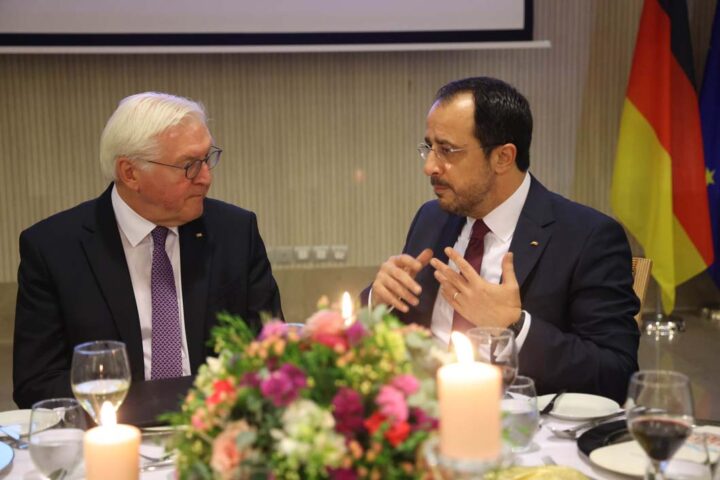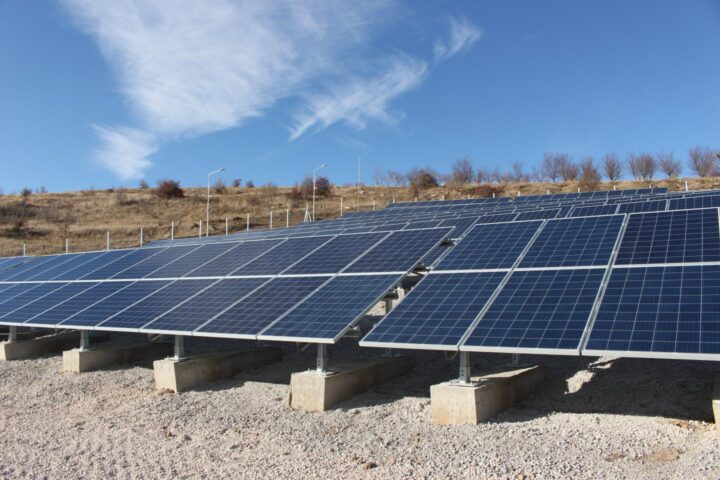From mid-2019, when the US showed interest in the trilateral cooperation process between Cyprus, Israel and Greece as part of the “3+1” initiative, the natural gas exploration and upstream utilisation was seen as a game changer in breaking the Cyprus problem deadlock.
However, as with the UN talks that stalled in 2017 at Crans Montana, little has been done to nudge the oil majors to speed up their natgas extraction and commercial exploitation.
As a result, Turkey continues to search for energy resources in the eastern Mediterranean undisturbed.
Its foreign minister suggested this week that the allocation of wealth between Greek and Turkish Cypriots could be worked out without a prior solution to the island’s division, similar to an agreement between Lebanon and Israel over the rights to offshore gas fields disputed between their maritime borders.
Ankara is clearly trying to gain points in the public opinion sphere, deflecting from its double role in the Russia-Ukraine war, where it maintains warm political and trade relations with both sides in the conflict, as it is not obliged to abide by sanctions against Moscow, and nobody dares say anything about it.
This puts the ball back in the government’s court to devise a genuine offer that would encourage Turkish Cypriots to agree to resume talks to achieve a bizonal, bicommunal and federal solution.
But these chances are thinning by the day, as we have seen with Turkey’s plans to develop and populate the once ghost town of Famagusta, despite appeals and protests that everybody prefers to ignore.
A solution to the Cyprus problem would allow the harmonious development of the island’s natural wealth to benefit both communities.
Significant convergences exist in utilising natural gas and defining the maritime zones of a unified Cyprus, which ultimately resolve its basic principles in a fair and mutually beneficial way.
Furthermore, a solution would help delineate the maritime borders between a unified Cyprus and Turkey while creating tremendous opportunities for energy cooperation in the eastern Med.
Rejecting any Turkish approach to the matter must accompany a counteroffer that would transform energy into leverage to revive and speed up the Cyprus talks.
Perhaps it is time for the cart to be taken out of the barn and resume the carrot-and-stick approach as an incentive, starting with the ‘Energy Fund’ that was pompously declared by the previous administration yet never implemented, as all funds derived from the natgas licensing continues to end up in state coffers, satisfying other budgetary needs, such as the civil service payroll.
If Cyprus cannot make itself indispensable to its European partners and Western allies, it will regain attention and revive prospects of support towards a solution. In that case, it should at least convert the ‘energy game changer’ plan into a real initiative and be genuine.










